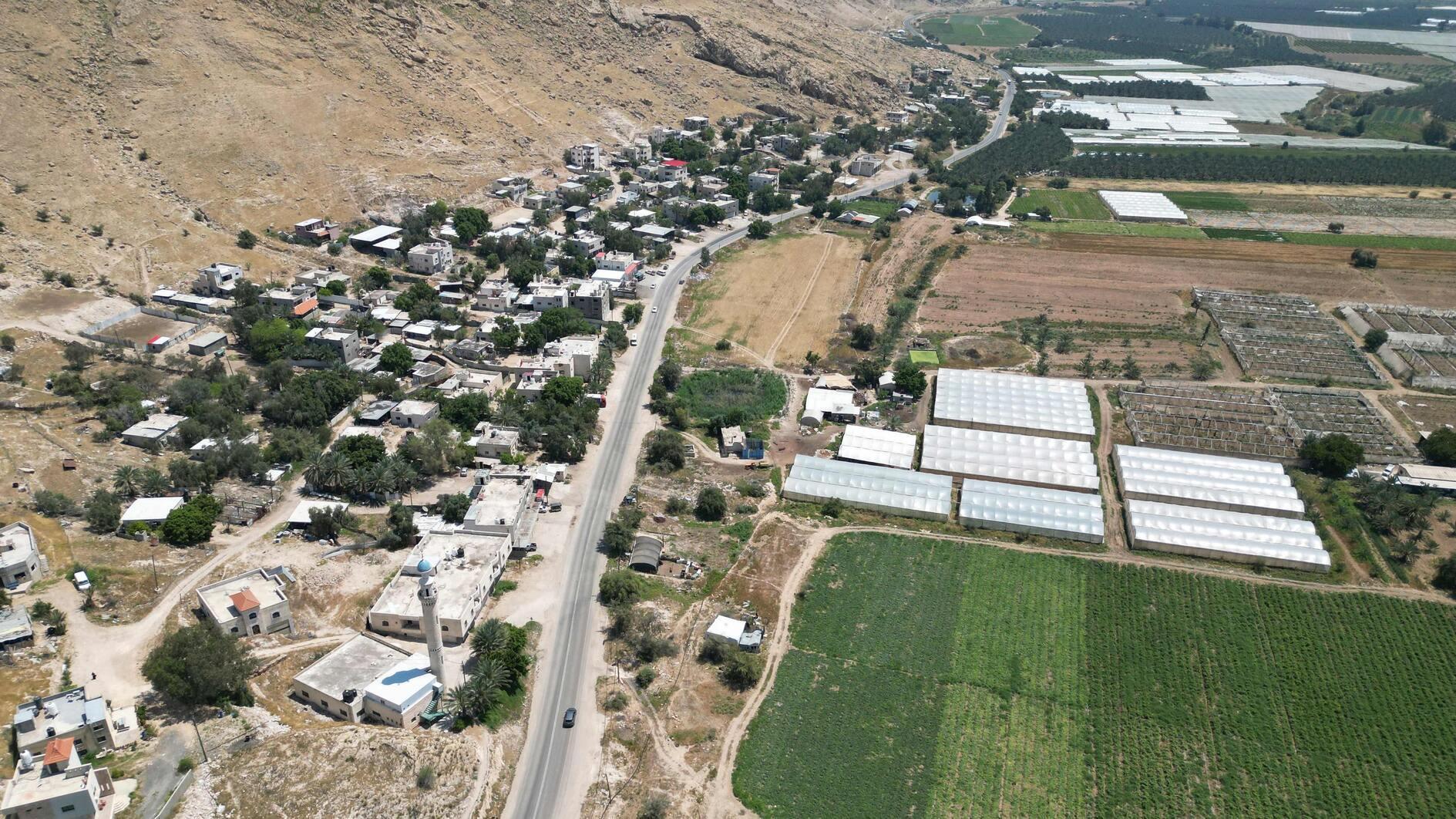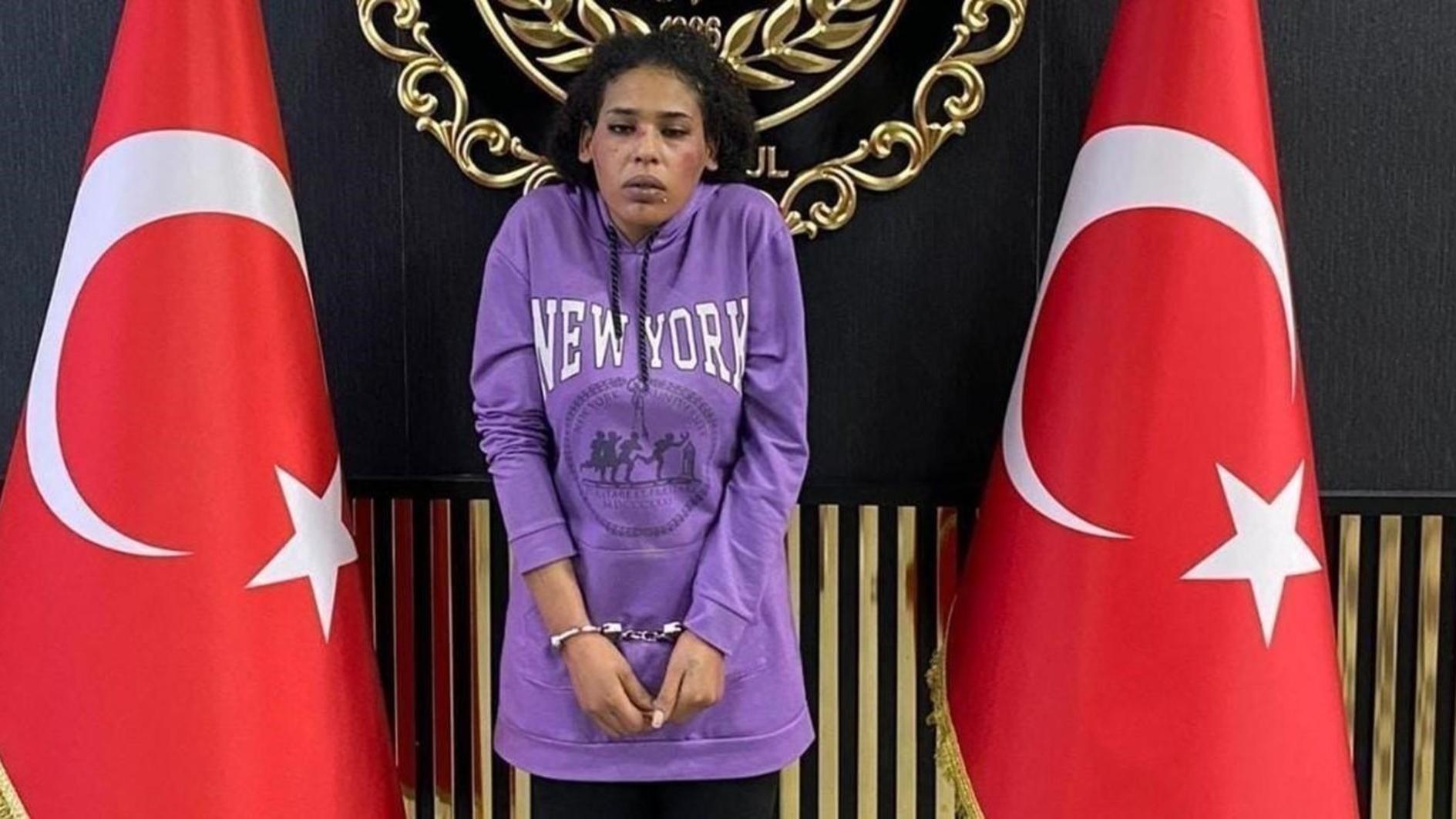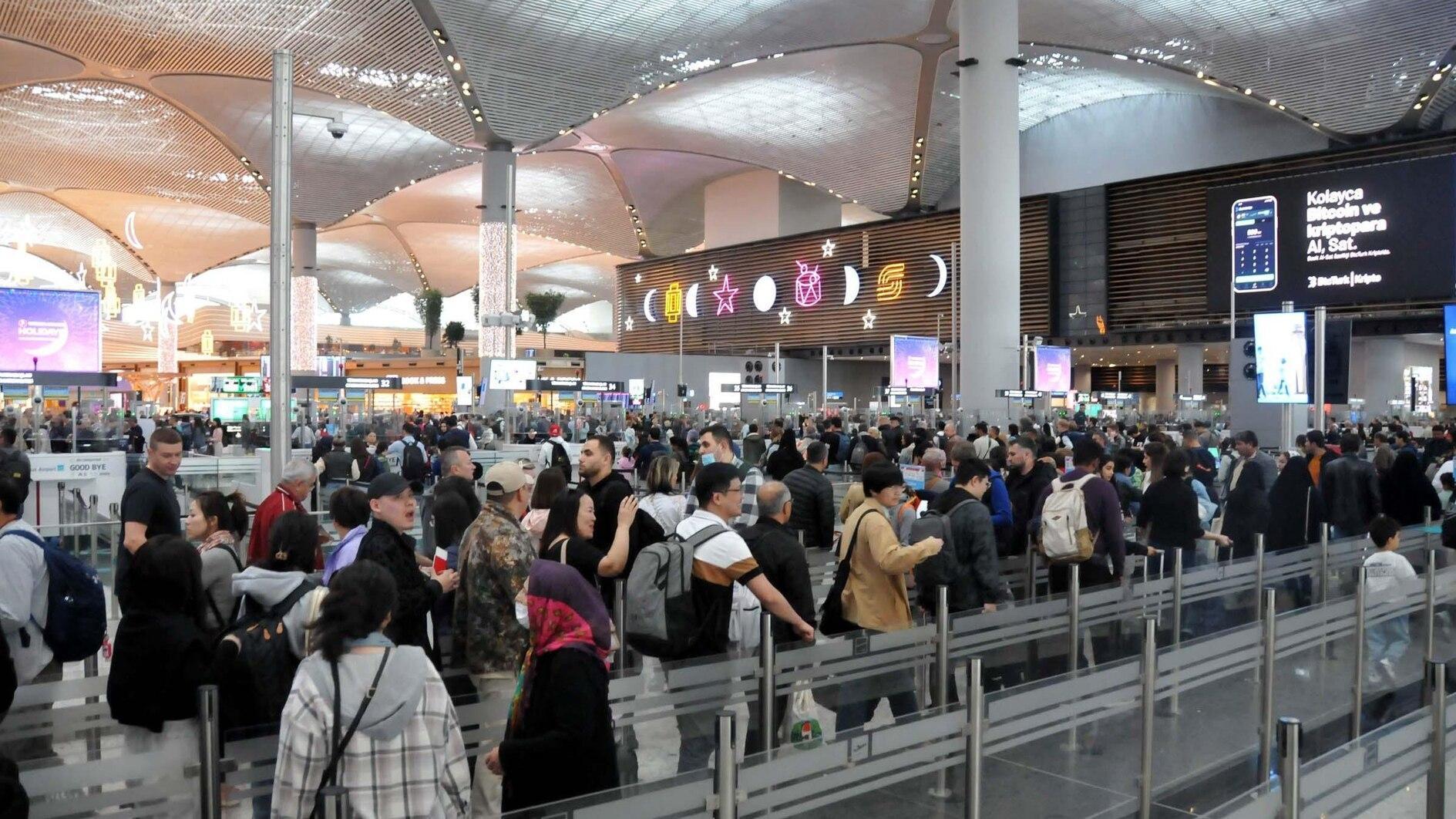Turkey’s loaded post-election agenda
A five-year period of election marathons that have observed two presidential, three parliamentary and two local elections, as well as one very important referendum, will end on Sunday, launching a long election-free period until June 2023.
Amid the elections, the heinous coup attempt in July 2016 further complicated the political, social, economic and psychological situation in the country, fueling in-house tension and polarization between different political camps.
That led Turkey to turn in on itself with serious deterioration on the economic and democratic fronts, and eventually on its ties with prominent Western allies, particularly the United States and the European Union. As a result, Turkey has failed to overcome middle income and middle democracy traps and has wasted its image abroad.
It’s in this context that Turkey is heading to local polls whose results will surely be important and indicative although they will unlikely change the general political landscape. The opposition has already made clear that it won’t push for early elections, regardless of the election results.
On Monday, it will be time to focus on challenges and difficulties in front of Turkey in the coming period.
The economy comes on the top of this list, without a doubt. Being long exposed to populist trends, a fragile and volatile Turkish economy immediately needs to be strengthened through structural reforms as outlined by various international economic observers.
President Recep Tayyip Erdoğan and Finance Minister Berat Albayrak announced on March 28 that the government was working on a reform package which could be unveiled in the second week of April.
Without giving details on the package but acknowledging the vulnerabilities on the state of the economy, Albayrak stressed that the road map would address short, medium and long-term needs of the Turkish economy to avoid future currency turbulence and to fight inflation and a current account deficit.
He is later expected to meet with representatives of foreign financial institutions in the U.S. to promote the reforms and to regain the confidence of investors.
To make these economic reforms much more meaningful and attractive for foreign investment, the Turkish government should also accelerate its efforts on the democratic and judicial front. Particular attention should be devoted to the rule of law through a drafted judicial reform strategy that aims independence and impartial justice.
The foreign policy front also suggests a busy and tense schedule. Turkey’s plan to deploy the Russian S-400 air defense system in July is the most immediate issue as the United States has already made clear that such a move would bring about serious consequences. Apart from excluding Turkey from the F-35 aircraft project, Washington threatens Turkey with sanctions that can deal a serious blow to the Turkish economy. Plus, no progress on talks for a safe zone inside Syria has been achieved so far.
In this regard, a scheduled bilateral meeting between the Turkish and American foreign ministers, Mevlüt Çavuşoğlu and Mike Pompeo, in Washington next week on the sidelines of a NATO summit will be very important. Turkey’s expectation is to arrange a face-to-face meeting between the two presidents in the coming weeks or months so that all these issues could be discussed.
President Recep Tayyip Erdoğan’s visit to Moscow on April 8 will constitute an important venue for talks with Russian leader Vladimir Putin on bilateral and regional issues, particularly Syria and an ongoing cease-fire in the Idlib province. One of the risks in the new period is the launch of a new massive military operation into this province against jihadist terrorist organizations that will trigger a new humanitarian tragedy in the region.
One important aspect of Turkey’s normalization efforts concerns its ties with the EU. The last five years resulted with major damage on Turkey’s journey to the EU, with hopes having faded for full membership in the foreseeable future. An immediate return to the democratic reform process is a must to this end. But even this seems to be insufficient given the poor record of human rights in Turkey. EU officials often urge that actions should follow words, pointing out a crackdown on dissident voices in different segments of the society.
The fact that the government has already convened the Reform Action Group twice in 2018 and that more efforts will follow to this end is significant and worth to follow in the next period. A summit between President Erdoğan and EU’s two top officials, Jean-Claude Juncker and Donald Tusk is expected to take place in June.
In addition to these, recent developments in the eastern Mediterranean with regards to hydrocarbon reserves that brought Israel, Greece, Greek Cyprus, and Egypt together will continue to be on the radar screen of the Turkish government. Signs of a de-escalated tension between Turkey and Greece, following high-level visits and reports that the two sides will meet in mid-April to discuss confidence-building measures in the Aegean, as well as ways for the potential resumption of talks between Turkish and Greek Cypriots for a settlement, will be closely watched.
The only way to turn the upcoming period into an opportunity for reversing the deterioration in the aforementioned fields is to stick to fundamental principles of democracy, human rights and to avoid inflammatory language. The rest is easy.











